US president Joe Biden has warned Liz Truss against unilaterally ripping up Britain’s deal with the EU over trading arrangements in Northern Ireland, in a sign that the issue could sour transatlantic relations.
The White House said in a statement that the two leaders, who talked on Tuesday night, had discussed “the importance of reaching a negotiated agreement with the EU on the Northern Ireland protocol”.
Truss, Britain’s new prime minister, is the architect of legislation — currently passing through parliament — that would rewrite the protocol, a key part of the UK’s Brexit deal with the EU.
EU diplomats have said the legislation is like “putting a loaded gun on the table” and that it must be put on ice if any talks are to take place between Brussels and Truss on the issue.
Biden’s insistence that Truss should resolve the dispute over Northern Ireland’s trading status through negotiation with Brussels raises the stakes in the dispute.
The Downing Street account of the call does not refer to the president’s insistence on a negotiated settlement, saying only that the leaders “agreed on the importance of protecting the Belfast [Good Friday] agreement”.
In a sign that Truss wants to lower the temperature in relations with the EU, she has decided to pull back from an early confrontation with the EU over the protocol.
Brussels and Dublin believe there is a narrow “opportunity” to reset relations with the new prime minister, with Biden now urging for compromise on both sides.
Truss’s allies say the new premier will not activate the emergency Article 16 override provisions in the Northern Ireland protocol in the coming weeks, a move EU diplomats say would have been seen as “a provocative act”.
The new prime minister’s team had considered using Article 16 because the so-called “grace periods”, which the EU and UK agreed in 2020 to allow lighter touch controls on trade between Great Britain and Northern Ireland, are due to expire on September 15.
But EU officials now expect Truss to request an extension to the grace periods and with both sides agreeing to “muddle through” to buy time and open the door for talks to try to end the bitter stand-off.
One ally of Truss said: “I’d be surprised if we go down the Article 16 route, although we’re not ruling anything out.”
Ireland’s prime minister, Micheál Martin, said Truss’s election opened an “opportunity” to reset relations.
“I hope we can use the period ahead to prioritise EU-UK engagement, and to reach agreed outcomes on the issues around implementation of the Northern Ireland protocol,” he said in a statement.
Truss’s supporters in the pro-Brexit European Research Group say they are relaxed about Article 16 not being used but say that Truss must press ahead with legislation unless the EU makes major concessions on the protocol.
These include removing many of the checks on goods moving from Great Britain that are intended to remain in Northern Ireland — using red and green lanes at ports — and the ending of the jurisdiction of the European Court of Justice in the region.
The bill has passed its House of Commons stages and is now awaiting detailed scrutiny in the House of Lords. EU diplomats say Truss needs to put the bill on ice to allow new talks. “That’s the bare minimum,” said one.
Senior EU officials said that the softer UK approach of asking Brussels to extend the grace periods was preferable to using Article 16. One said that it would allow both sides to “continue muddling through” in the short term.
Mujtaba Rahman, managing director for Europe at Eurasia Group, a consultancy, said that a decision not to trigger Article 16 would create space for diplomacy, although EU flexibility would ultimately depend on Truss’s approach to the Northern Ireland bill.
“European Commission and Council lawyers hate the idea of extending the grace periods, but politically the key voices in Brussels and EU capitals recognise this is better than a big fight over Article 16,” he added.
The European Commission declined to comment. Bernd Lange, a veteran German MEP who co-chairs the European parliament contact group on the UK, said he expected a truce. “What she really does as prime minister might be different to what she promised in an election campaign,” he said.
Tory Eurosceptics want the EU to agree a new mandate for negotiators to allow the protocol to be fundamentally rewritten.


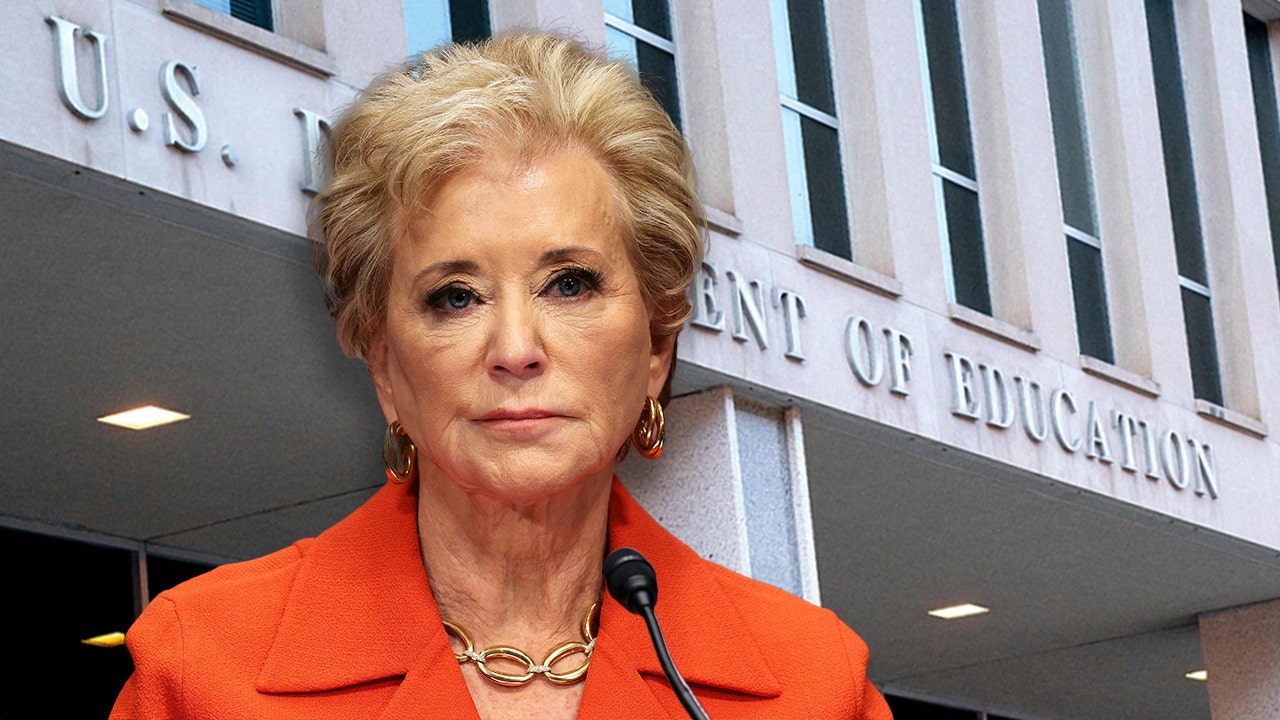


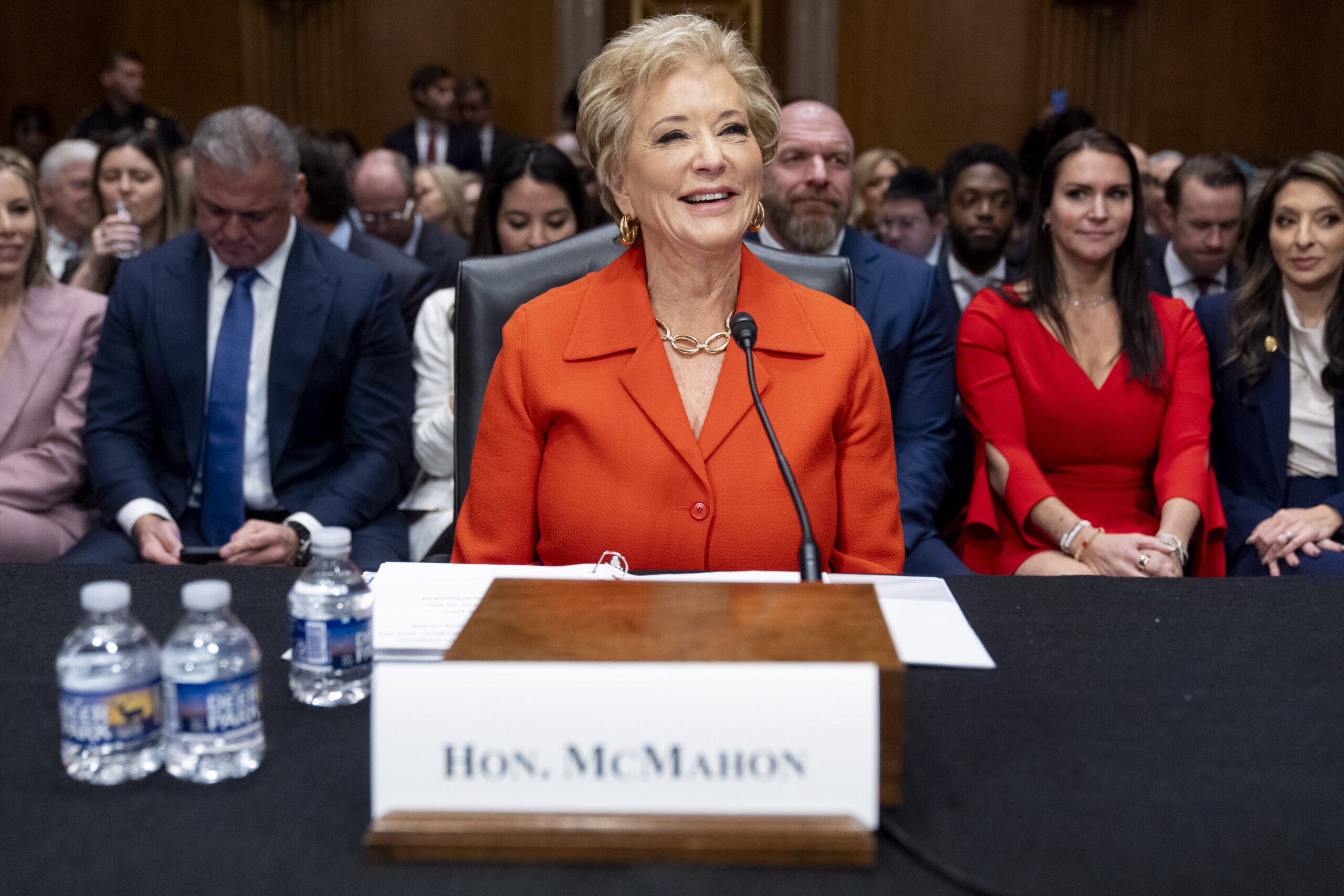


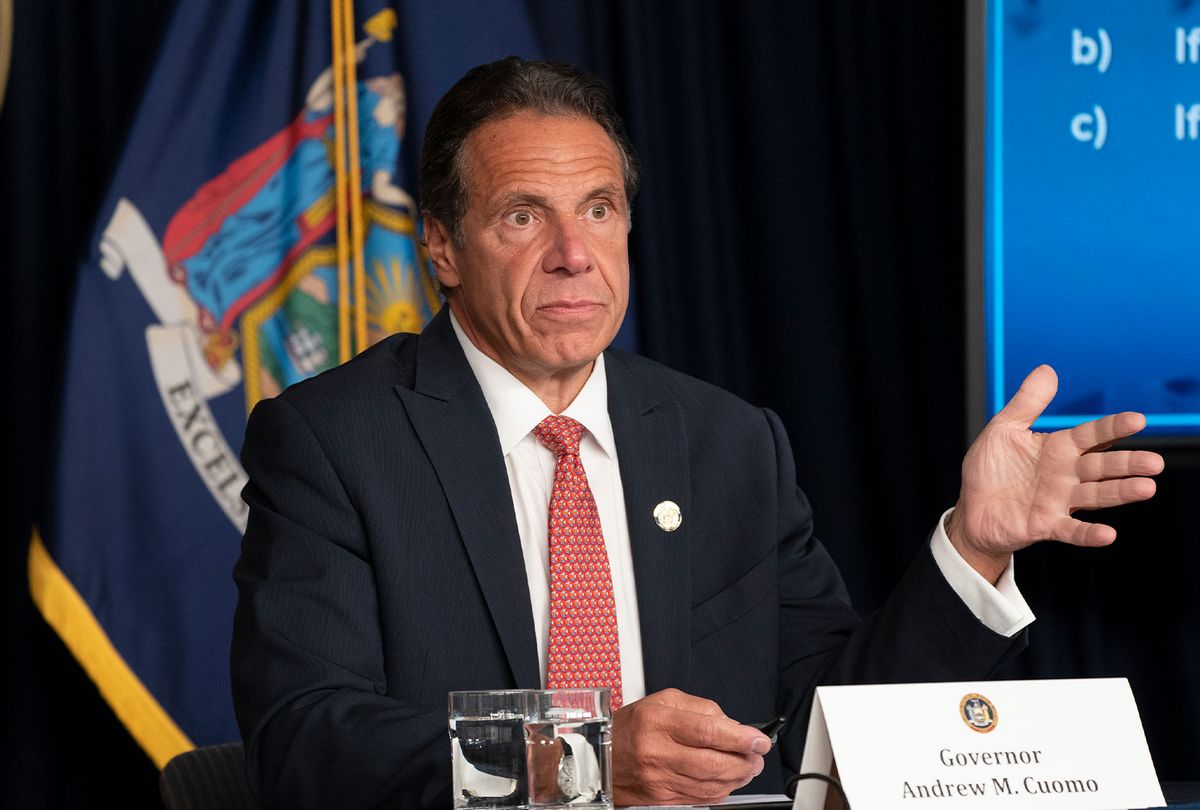

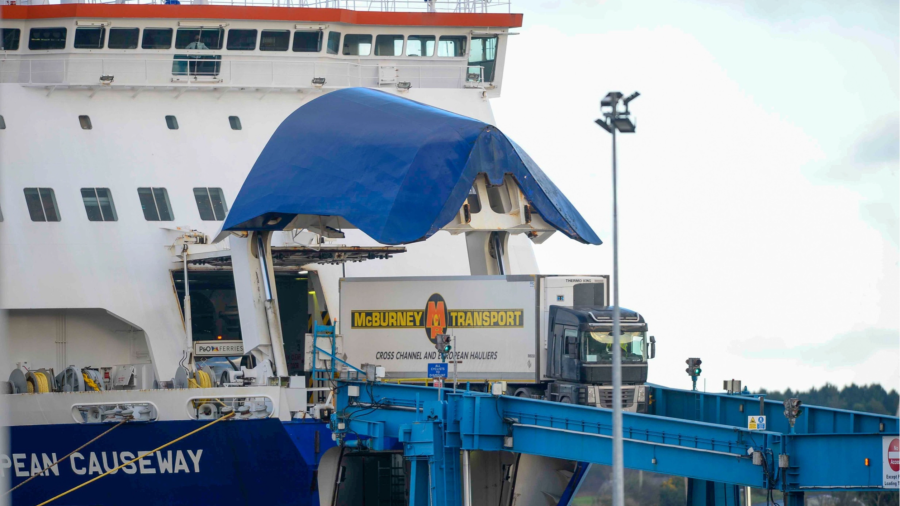
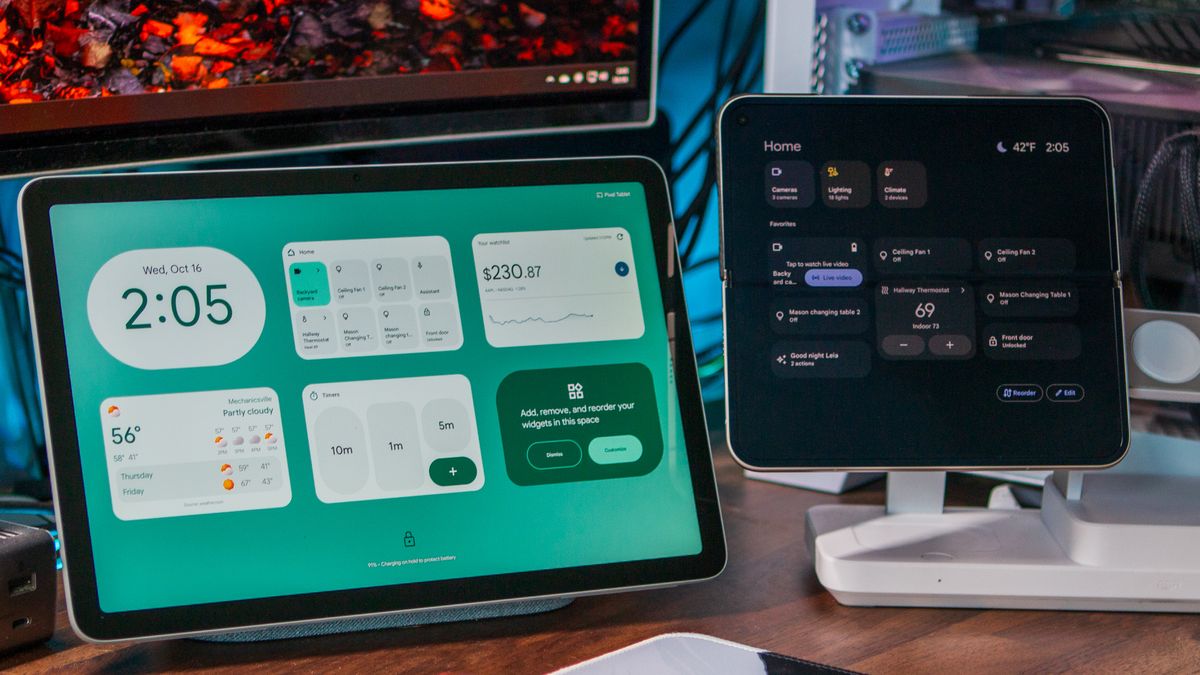




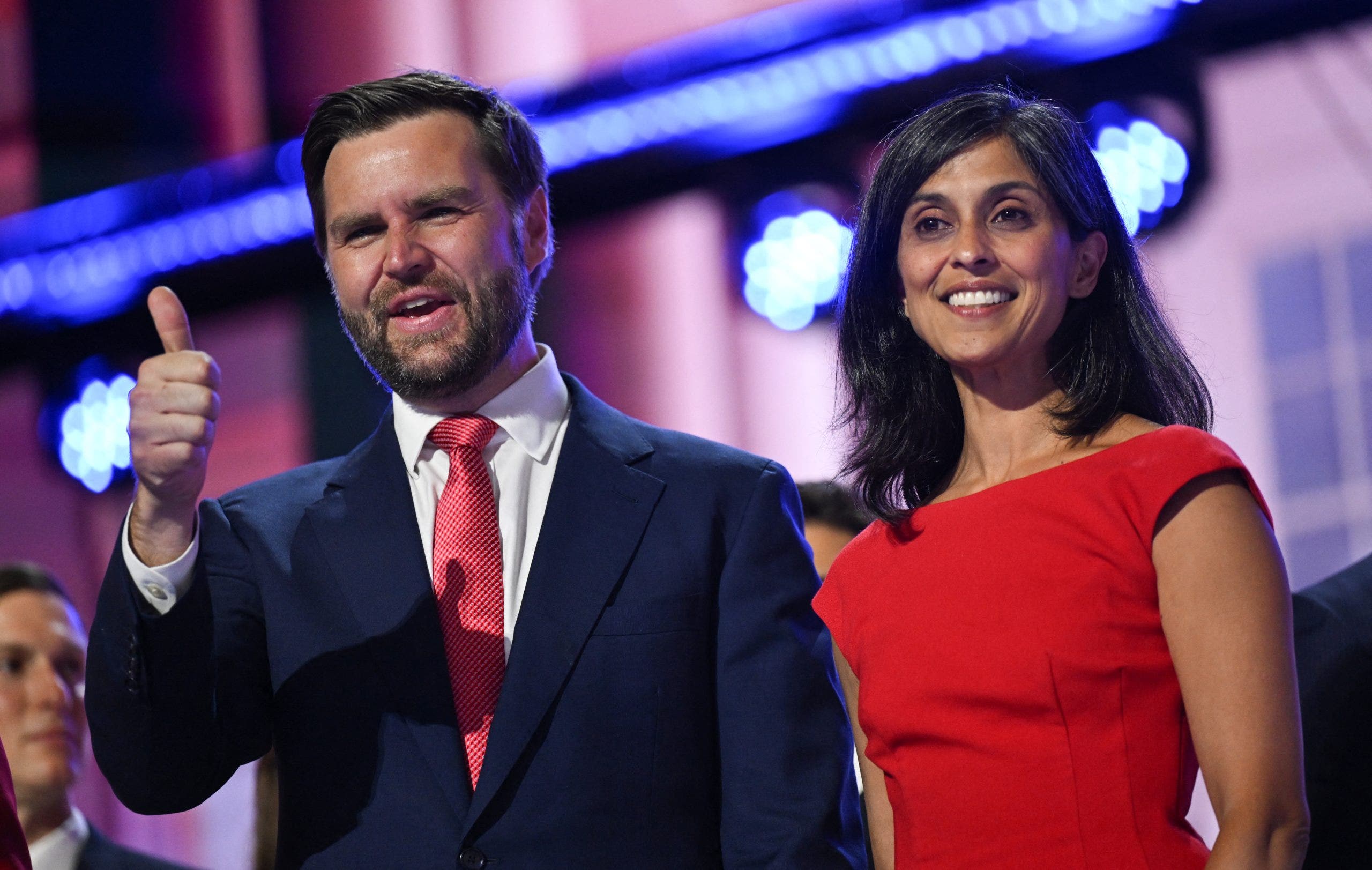

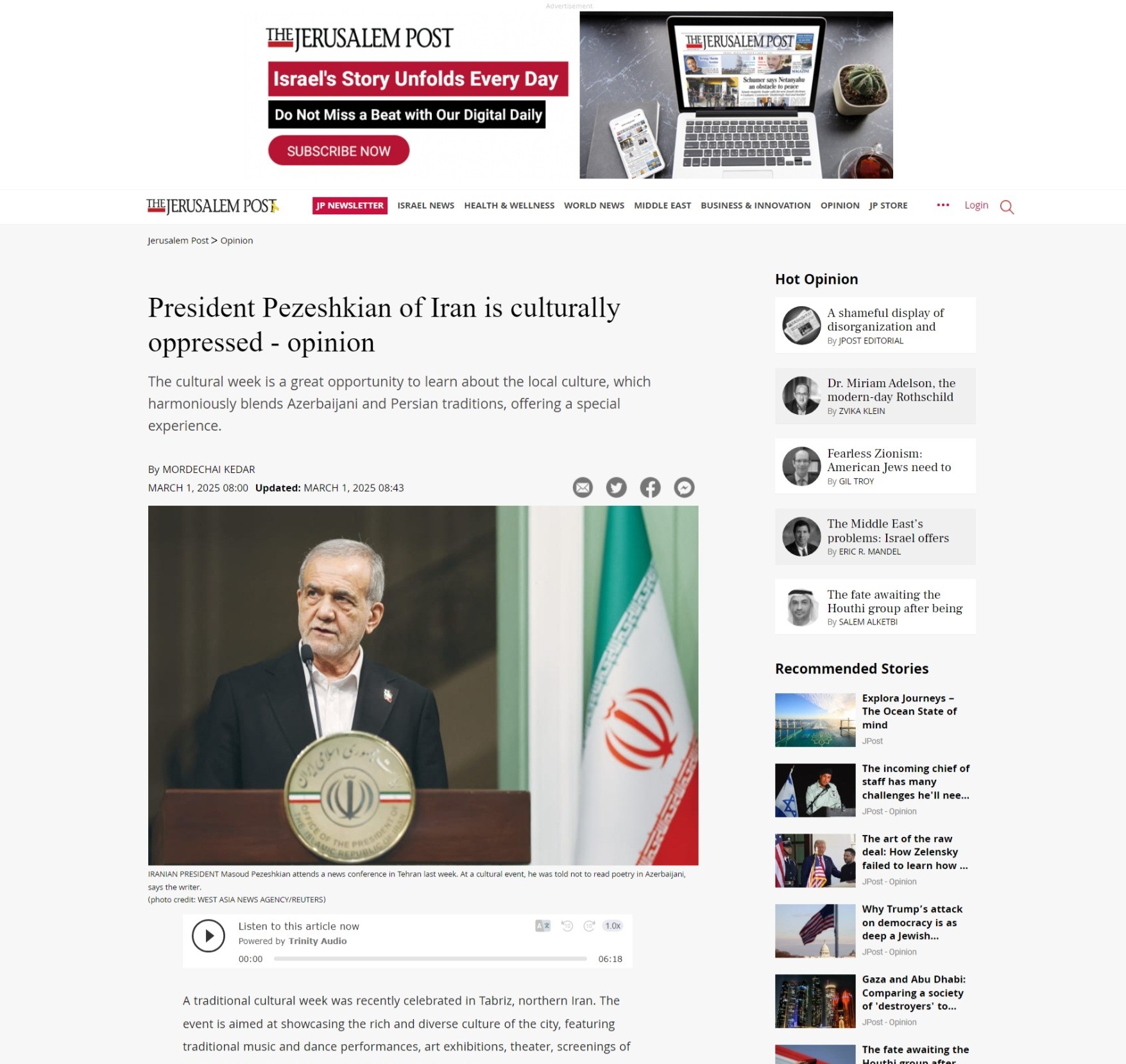


Discussion about this post